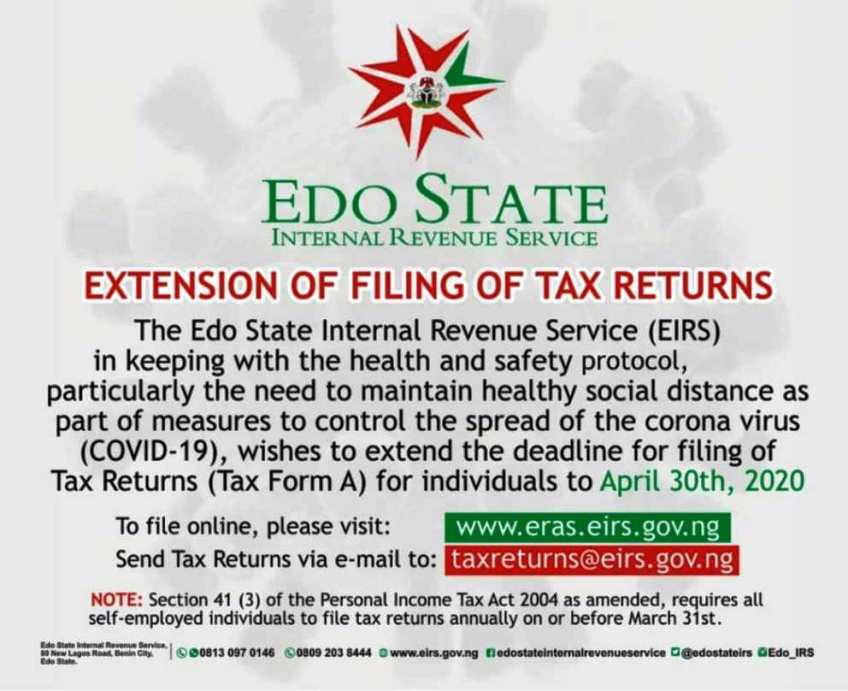Download full documentation here
WHAT IS PERSONAL INCOME TAX?
Personal Income Tax is tax that is levied on the income of individuals who are either in employment or are doing their own business.
WHAT IS PAYE? PAYE means Pay As You Earn
Taxation of individuals in employment is operated through the Pay-As-You-Earn (PAYE) scheme.
Under the scheme, the employer is regarded as an unpaid agent of the Tax Authority and as such is expected to deduct taxes on salaries, wages, bonuses, allowances and benefits in kind.
The system ensures that tax withheld monthly from employee’s salaries and wages are remitted to the relevant tax authority’s Internally Generated Revenue account.
The following are the processes and procedures provided in the Personal Income Tax (Amended) Act 2004, to ensure the smooth running of the PAYE scheme.
- STEP 1: REGISTRATION
- All employers of labour are expected to register with the relevant Tax Authority as an agent of the State Government, for the purpose of deducting and remitting PAYE tax from the employee’s pay as stipulated in Regulation 1 of Operation Pay As You Earn (PAYE) regulations which states that:
‘An employer shall register with the relevant tax authority for the purposes of deducting income from his employees with or without formal notification or direction by the relevant tax authority
Regulation 2, paragraph 2 of Pay As You Earn Regulations also states that:
‘Without prejudice to the provision of regulations 21 of these regulations, an employer who fails to or refuses to register with the relevant tax authority within the time specified in paragraph (1) of this regulation commits an offence and is liable on conviction to pay N25,000 in addition to the payment of arrears of the tax due’
- The application for consent to operate the PAYE scheme should be addressed to the executive chairman of the EIRS and must include
- Evidence of registration/incorporation of the business enterprise.
- Date of commencement of business
- Particulars of Bank Account
- Evidence of Managing Directors TIN registration
- Evidence of business enterprise TIN registration
- Location of business.
- After approval of the application, by the Executive chairman, The Executive Director (PAYE) allocates
- A reference number which must be quoted in all correspondence with the tax authority.
- The enterprise is also issued Form ‘G’ which is the employer’s remittance form.
- The employer of labour is given tax form H3 to file return on income and claim for allowances and reliefs on behalf of its employees for the year of assessment.

